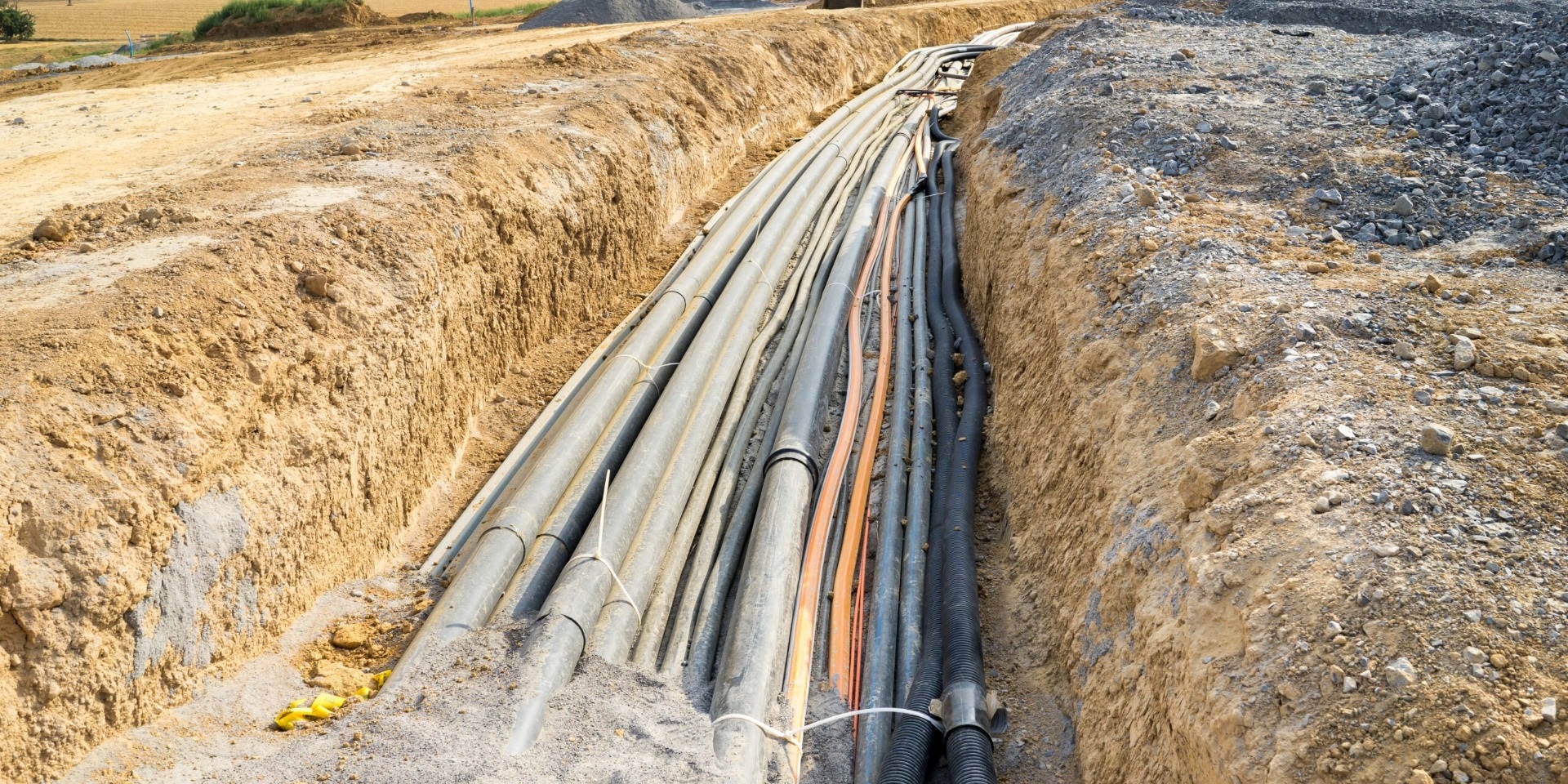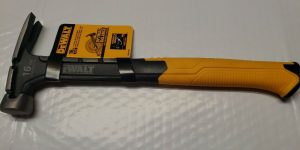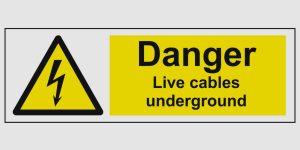One way to protect buried cables is to use a conduit. Conduit is tubing that encases wires and cables. It is typically made of metal or plastic. Conduit protects the wires and cables from damage, moisture, and pests.
Another way to protect buried cables is to bury them in a trench that has been lined with gravel. The gravel helps to support the cables and keep them from being damaged by movement.
You can protect buried cables by using a cable protector. A cable protector is a device that helps to prevent damage to your cables from vehicles or other heavy equipment. Cable protectors are available in various sizes and styles to fit your specific needs.
You can also use special tape or wraps to protect buried cables. These products are designed to resist moisture and pests.
Finally, make sure that you mark the location of any buried cables so that they can be avoided during digging or other activities.
What method is the most reliable?
There is no definitive answer to this question, as the most reliable method will vary depending on each situation’s specific needs and conditions. However, using conduit for burying cables in a gravel-lined trench is generally considered two of the more reliable methods for protecting buried cables.

What conduit is it better to choose for buried cable?
There are a few factors to consider when deciding which conduit is better for buried cable.
One factor is the type of material the conduit is made from. Conduits can be made from PVC, polyethylene, or metal. Each type of material has its own benefits and drawbacks. PVC is typically the most affordable option, but it is not as durable as polyethylene or metal. Polyethylene is more expensive than PVC, but it is more flexible and resistant to damage. Metal conduits are the most expensive option, but they are also the most durable.
Another factor to consider is the diameter of the conduit. The larger the diameter, the more cables you can fit inside. However, larger diameter conduits can be more challenging to install.
Finally, you need to consider the climate in your area. If you live in an area with extreme temperatures, you must choose a conduit that can withstand those conditions. For example, PVC is unsuitable for buried cable in areas where the ground freezes.

Can a cable be directly buried?
Yes, a cable can be directly buried, but it is not recommended.
The main reason cable cannot be directly buried is the potential damage that can be caused to the internal components. When cables are buried, they are subject to movement and pressure changes, which can cause the internal wires to break or become damaged. It ultimately leads to a loss in signal quality and data integrity. Additionally, if the cables are not properly protected from moisture, they can corrode and become brittle over time, which can also cause significant damage.
Another reason is that it can cause interference with other underground utilities. When cables are buried, they can contact other underground metallic objects, which can create all sorts of interference. This interference can cause problems with the quality of service and data throughput.
Finally, direct burial can also lead to problems with drainage and flooding.
How deep should a cable be buried?
The depth of the burial for a cable depends on many factors, such as the cable material, the surrounding soil conditions, and the amount of traffic passing over the area.
However, most cables should be buried at least 12 inches. A deeper burial may be necessary for areas with high traffic levels or in conditions where the cable is likely to be subject to mechanical damage.
Some cables, such as low-voltage lighting or telephone wires, can be buried as shallow as 6 inches. Always check with your local utility company or code enforcement office to find out the specific requirements for your area before you begin any excavation.












